“232 million hectares of forests risk disappearing if nothing is done to protect them sustainably”-Annah Agasha
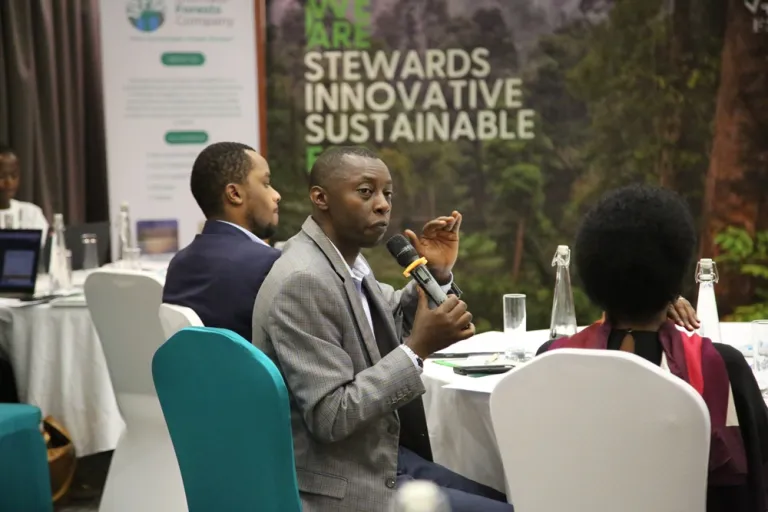
232 million hectares of forests globally risk disappearing if nothing is done to protect them sustainably, explained Annah Agasha, FSC Coordinator Eastern Africa, the main reason Forest Stewardship Council (FSC) intervenes to protect the world’s forest through forest certification, hence, The Business Forum this Friday 30 August 2024 in Ubumwe Grande Hotel.
“We come in to strengthen what the government has said works,” she explained.
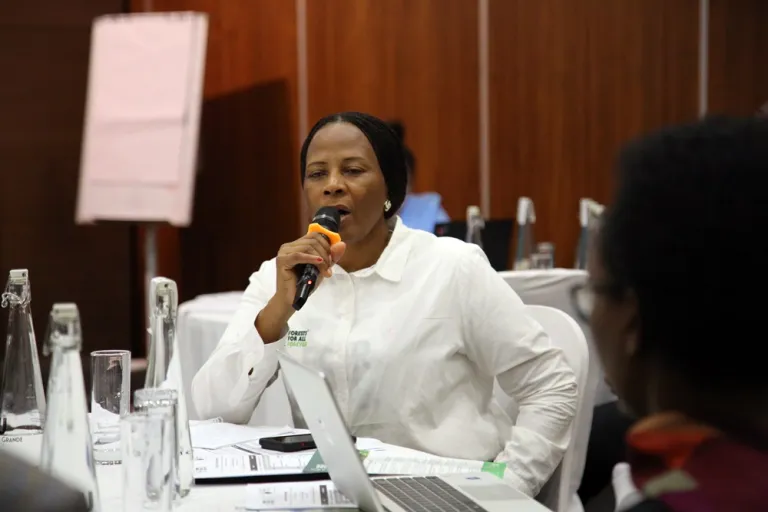
“We know that there are rules and laws of Rwanda which govern how forests should be managed. And we know that it’s a good one, because these policies, especially in East Africa which have been set, they are very, very good policies.” She added.
The loss of 232 million hectares of forests would have devastating impacts on biodiversity, climate change, and the livelihoods of many communities that depend on these ecosystems. Sustainable practices, such as reforestation, responsible logging, and sustainable land management, are essential to protect these vital resources.
The Business Forum organized by the Forest Stewardship Council and Ultimate Forests Company Limited (UFCL) with key partners, was to discuss what should be done to protect Rwanda’s Forests.
Rwanda is one of the few countries with minimal deforestation rates. However, it faced with challenges of low tree productivity amidst a growing population and high demand for forest products mainly firewood, charcoal and sawn wood.
“I think first of all we have to understand the role of this certification. I think certification process and complying with it is not only for the interest of the Government of Rwanda but also even for the owner of the business. If the companies apply and comply with the environment standards, it means that also because of the certification, it means that it increases even the chance to not only compete to the local market but also to the international market.” Said Dr. Concorde Nsengumuremyi, Director General of Rwanda Forestry Authority.
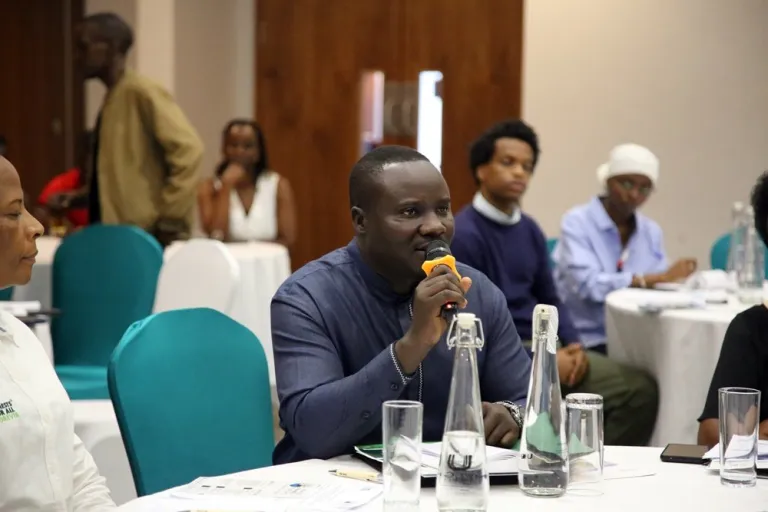
According to Rwanda Forestry Authority, Rwanda’s wood supply gap is projected to reach 7.5 million tonnes by 2026 up from 4.3 million tonnes in 2017.
In his speech, Mr. Jean Rindiro, CEO of the Ultimate Forests Company Limited, pioneering forest certification in Rwanda, highlighted the importance of collaboration with organizations like the FSC to manage and preserve forests in Rwanda.
“We want to ensure everything we do, from plantations to the final product, meets standards,” He said.
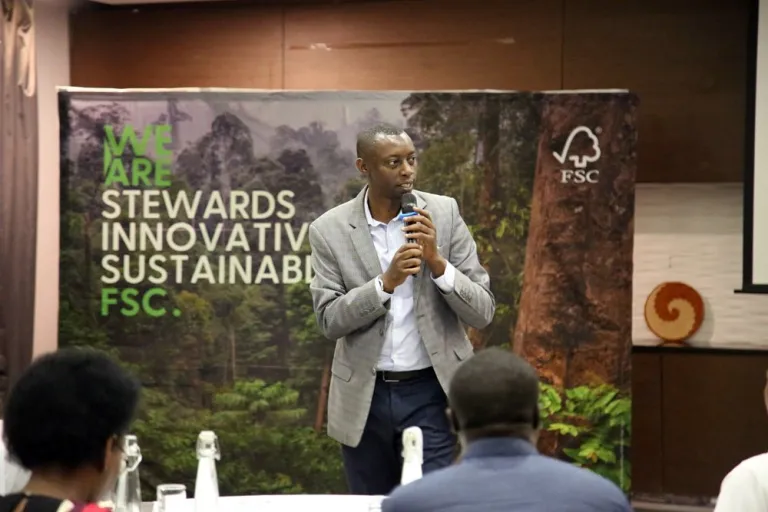
“It is crucial for us to add value to our products and ensure that they meet national and international standards. We need to take responsibility for what we are doing and start selling our products to the international market. By ensuring quality standards are met, we can attract more customers and expand our market reach.” He added relating how important it is, to have Rwanda’s forests certified.
The Business Forum theme was “FSC Certification: Setting a new trend for Rwanda’s Forestry and Market for wood and wood-based products”.
This forum was of particular interest to Rwanda as FSC Certification in Rwanda will open opportunities, create benefits for businesses and increase the value of Rwanda’s Forest and Market for wood and wood-based products.
Because the forestry sector is one of the main pillars of Rwanda’s sustainable development and climate resilience as it provides a strong foundation for its tourism sector, protecting the country’s forests would be protecting the country’s rare and endangered wildlife.
As of July 2024, more than 160 million hectares of forests worldwide were certified to the FSC standard. In Africa, more than 10 million hectares of forests are certified, of which 10,000 hectares (around 0.1% in Africa) come from Rwanda.
FSC certification confirms that forests are managed in a way that preserves biological diversity and benefits the lives of local people and workers, while ensuring their economic viability.
The 10 FSC’s principles that are crucial for forest management and certification.
- Respect for laws
- Workers’ rights and conditions of employment
- Rights of indigenous peoples
- Community Relations
- Benefits of the forest
- Environmental value and impact
- Management planning
- Monitoring and evaluation
- High conservation values
- Implementation of management activities
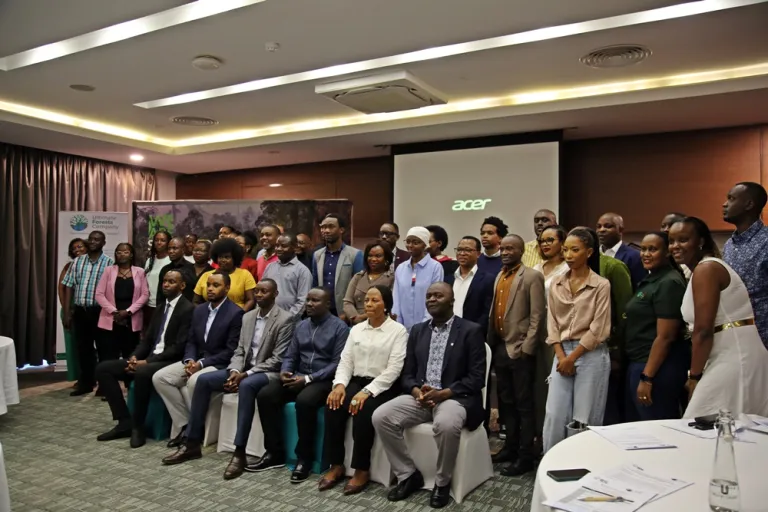
Trending Now
Hot Topics
Related Articles
Leaders Call for Stronger Monitoring to Turn Ecosystem Restoration Commitments into Results
Nairobi, Kenya — 27 January 2026 Country and regional leaders, alongside technical...
Worm Tea: A Natural Path to Farming Without Harmful Chemicals
For much of his early farming life, Isaac Mubashankwaya believed chemical fertilizers...
Enroll Now Before 31 December 2025: International German Language Exams Launch in Rwanda
Rwanda will host the European Consortium for the Certificate of Attainment in...
Rwanda Validates Environment and Climate Change Mainstreaming Strategy 2024–2029
This Tuesday, 23 December 2025, the Rwanda Environment Management Authority (REMA), in...



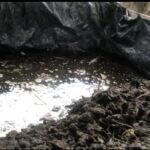


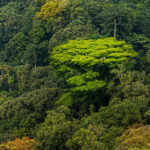


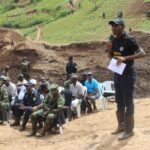
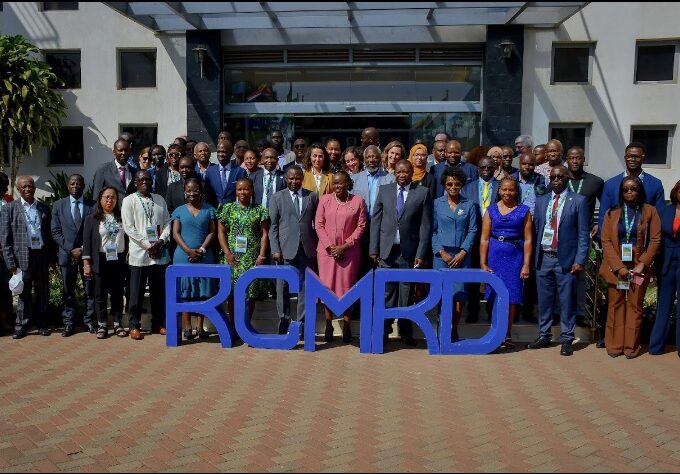
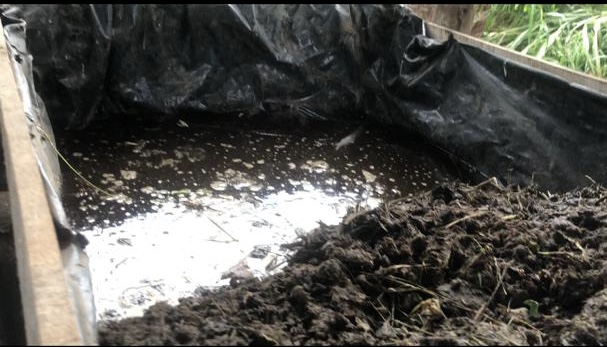
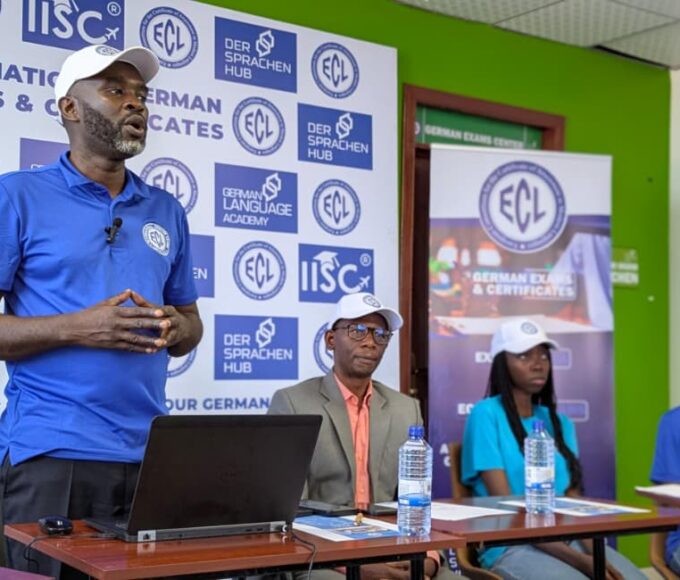
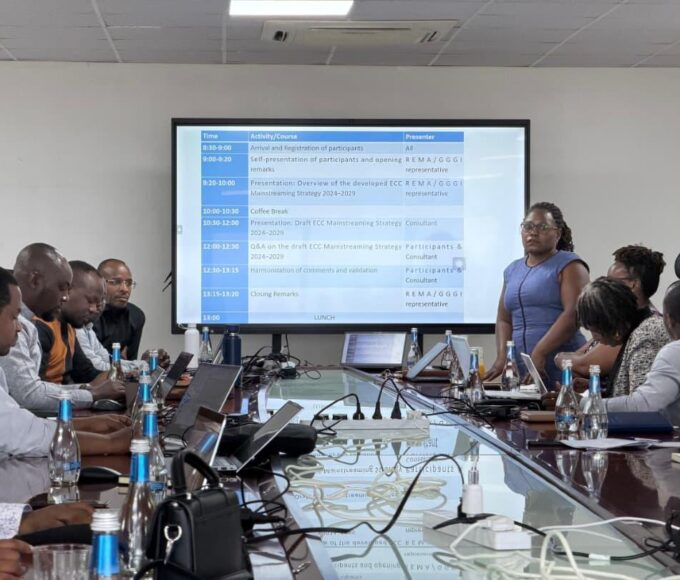
Leave a comment